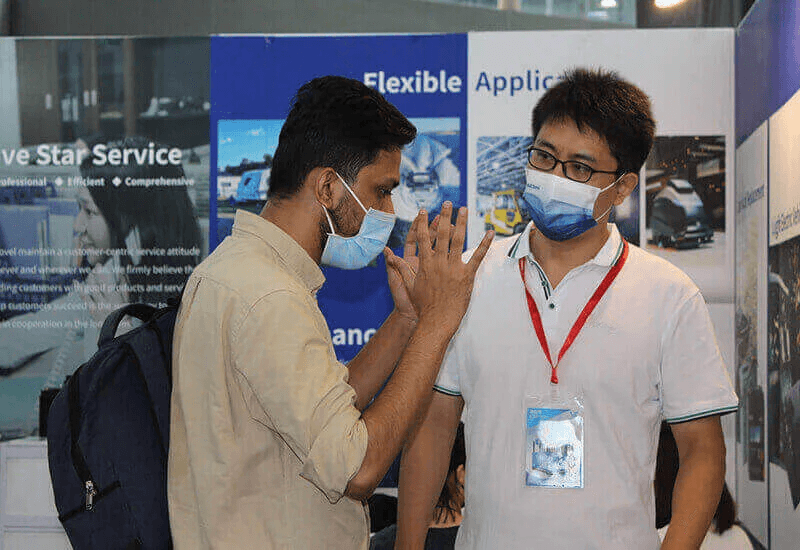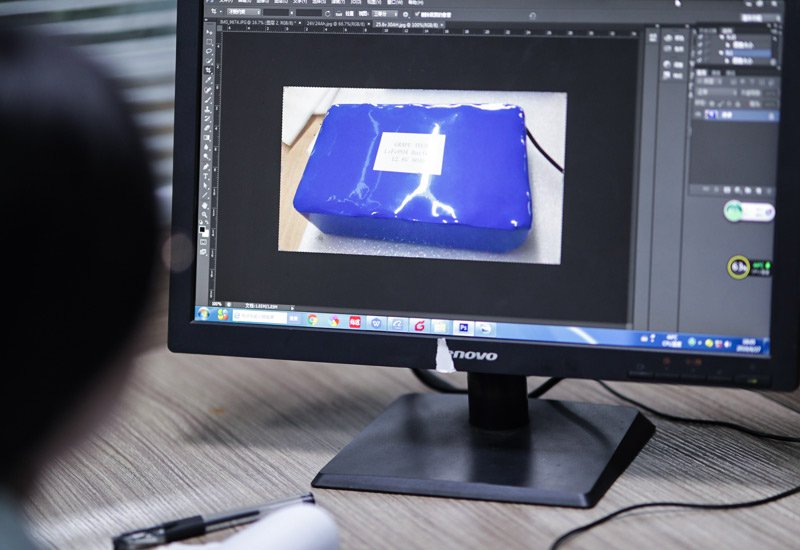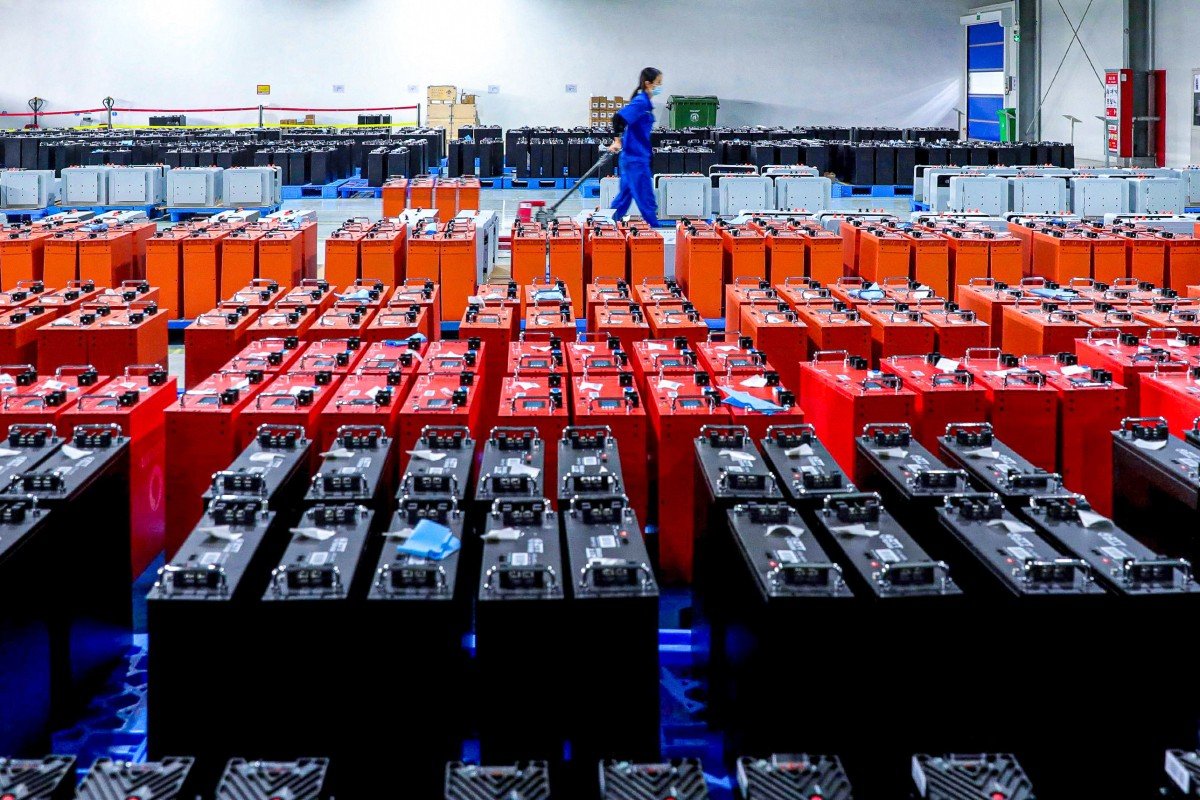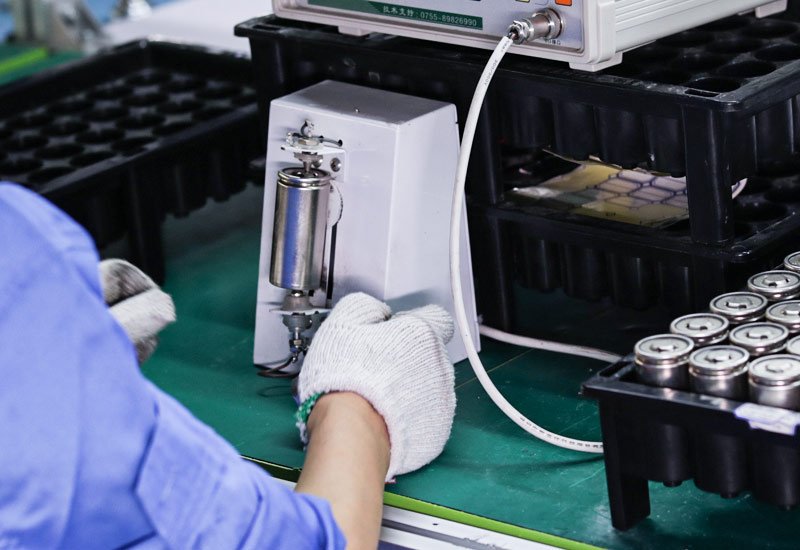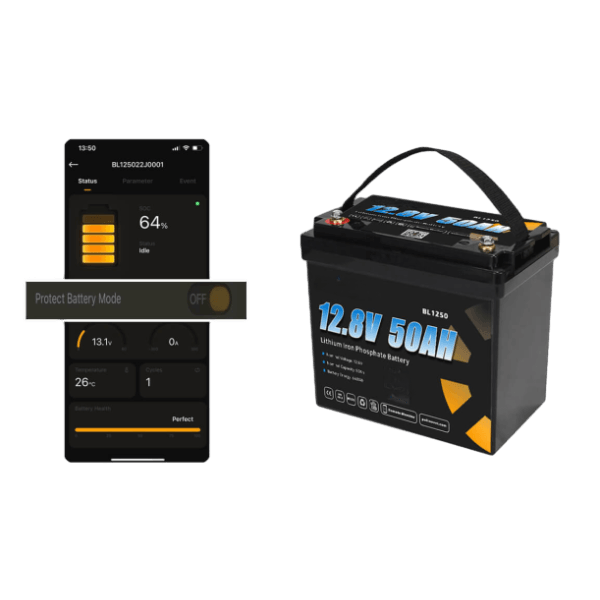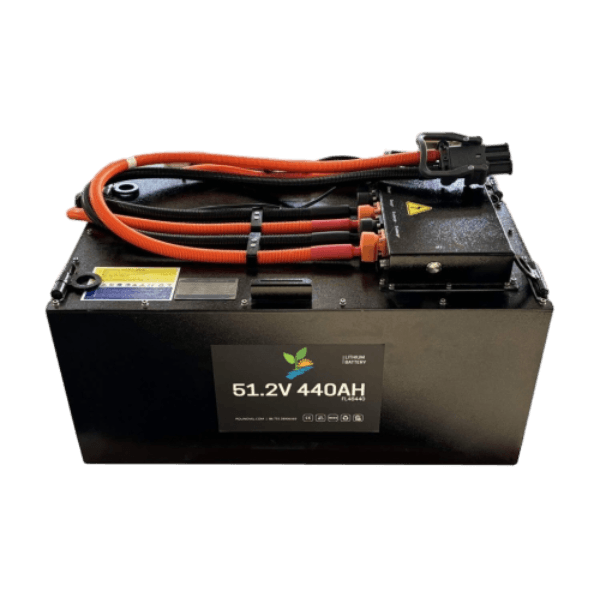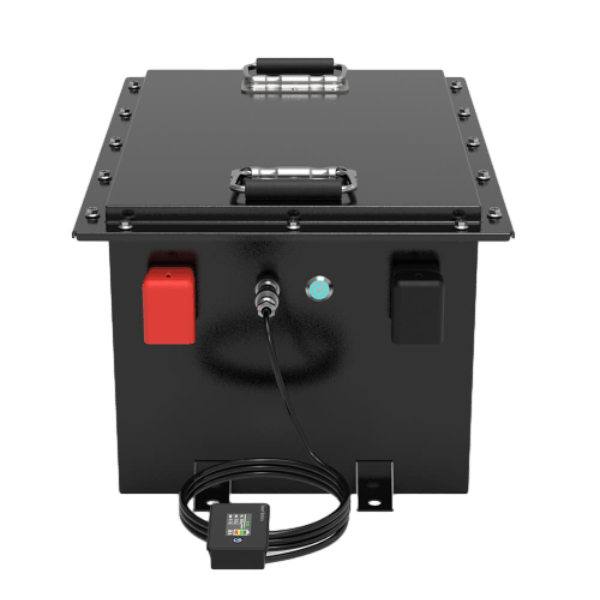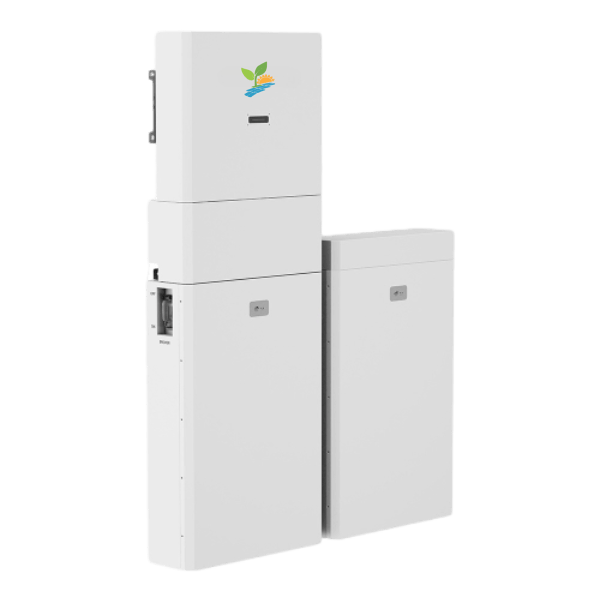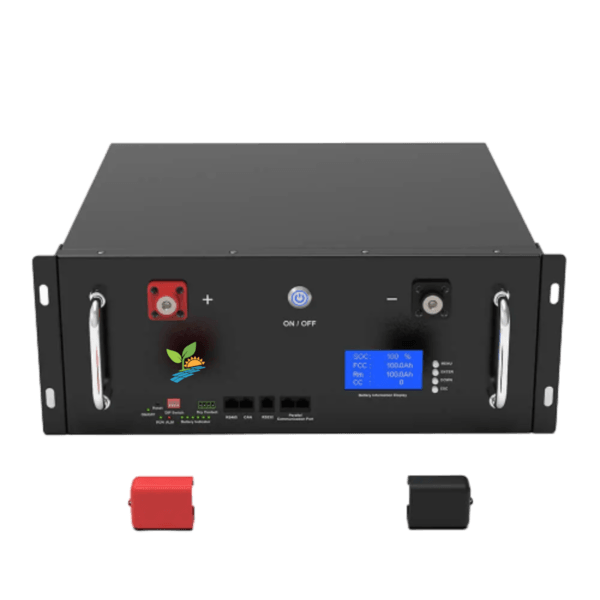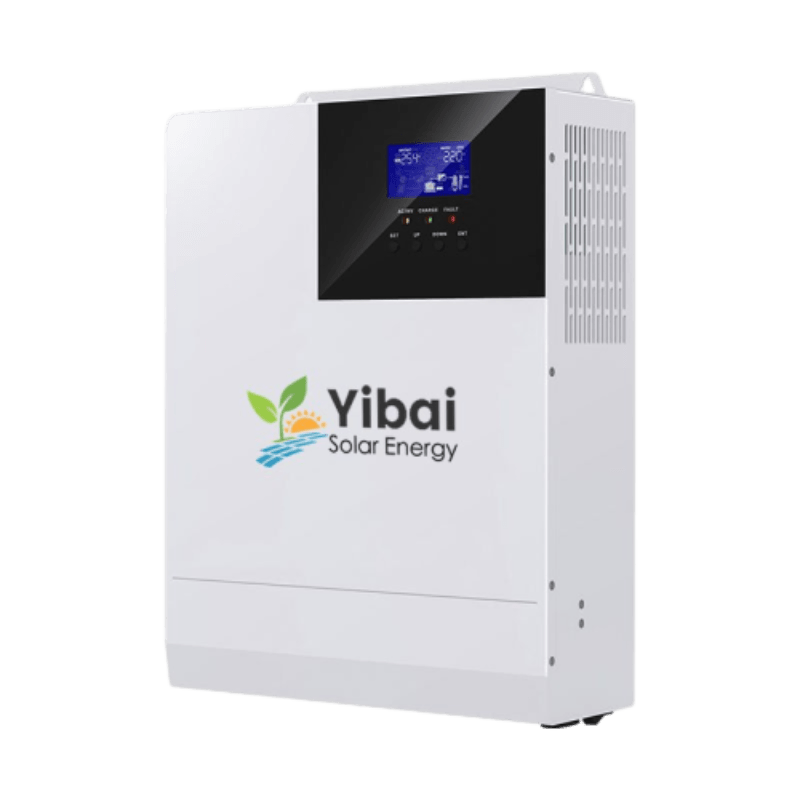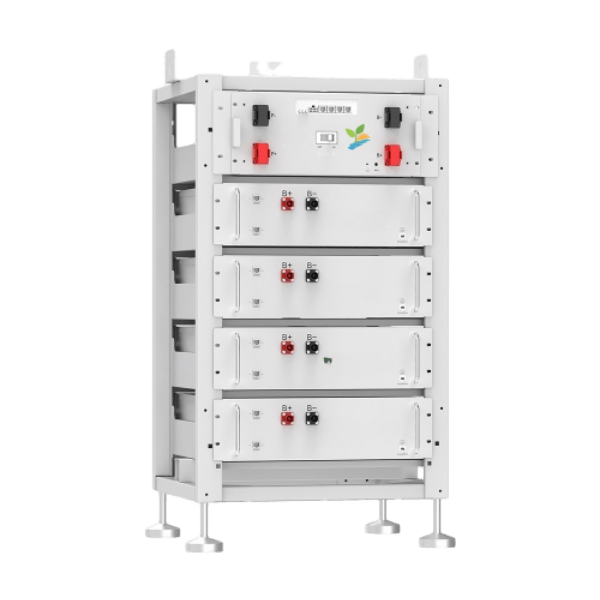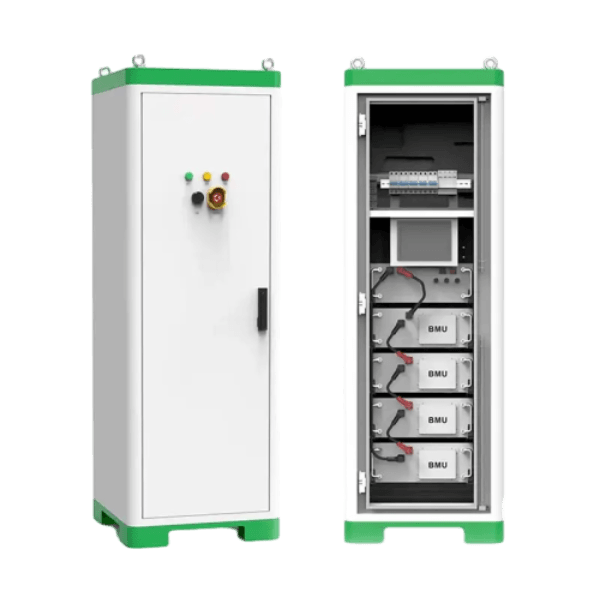منتجات البطاريات المخصصة
High Quality Tactical Solutions
A global custom battery pack manufacturer
Welcome to Yibai Battery Technologies, your reliable partner for designing and manufacturing unique lithium-ion battery pack solutions. With over 10 years of industry expertise and over 1 million battery products shipped to clients, we are at the forefront of battery technology, providing innovation and dependability to Original Equipment Manufacturers (OEMs) throughout the globe. Our dedication to excellence and customer-centric approach guarantee that your product’s power requirements are satisfied to the highest quality and performance standards.
Experience and Expertise
Yibai Energy has emerged as a pioneer in battery technology, built on decades of experience. Our journey started with a desire to deliver better battery solutions to OEMs, which we have successfully accomplished via continual innovation and commitment to quality. Our broad expertise enables us to understand and anticipate our customers’ particular difficulties, ensuring that we give bespoke solutions that drive success.
Innovative and Collaborative Environment
We cultivate a culture of innovation and teamwork. Each battery pack we create is tailored to meet the unique requirements of various applications across numerous industries. Our team of top-tier engineers and technicians collaborates closely with clients, transforming complex needs into practical and commercially viable solutions. We believe that the best outcomes are achieved through collaboration and open communication, which is why we involve our clients at every stage of the development process.
World-Class Skills and Manufacturing Facilities
Our cutting-edge battery pack production plant in Shenzhen is outfitted with cutting-edge equipment and follows the strictest quality control protocols. This, together with our professional personnel, guarantees that each battery pack we manufacture satisfies stringent quality standards. We are proud of our low in-warranty returns rate, which demonstrates the dependability and durability of our goods. We are also known for our supply chain resilience and fast prototyping skills, which enable us to respond swiftly to market shifts and client demands.
Customer-Centric Process
Consultation: We begin by consulting with you to understand the real-world challenges of your project. This involves evaluating competitive advantages, technology limits, and financial feasibility.
Preliminary Design and Quotation: We deliver a thorough design outline and quote with no hidden costs that include design work, Non-Recurring Engineering (NRE) costs, bill of materials, and manufacturing costs.
Design Refinement: We work together to improve the battery pack design. You will get prototypes and have the chance to debate design and technological choices with our specialists.
Certifications and Testing: With significant expertise traversing numerous standards, we handle the necessary certifications and testing to ensure your product fulfills all regulatory criteria.
Mass Manufacture: After design clearance, we oversee all phases of manufacturing at our world-class facilities, assuring a smooth transition from prototype to mass production.
Do you have a project that needs a custom battery pack?
Yibai Energy is dedicated to continuing the advancement of battery pack technology, which eventually leads to the creation of the most efficient, reliable, and cost-effective products for consumers.
Your custom battery pack supplier of choice
Our Partnership Approach
We seek to work with companies that require unique customized battery pack designs. Whether you’re shifting from off-the-shelf products or need a manufacturing partner for a current design, we can manage both high-volume mass production and sophisticated, low-volume projects.
Trust, Transparency, Energy
Our values are simple, but powerful when applied consistently through all of our internal and external relationships: We foster trust by creating transparency and we demand of ourselves that we each bring positive energy to support each other, our suppliers and our customers. Let our energy power your success.
Our Production Centre
Our production facility assures that your battery is manufactured efficiently and on schedule. Strict quality control is maintained at all stages of the manufacturing process, allowing for the development of a completely customized OEM battery to your requirements. As one of China’s mature OEM lithium battery suppliers, we will guarantee that your requirements are satisfied and that a high-quality product is supplied without delay based on the quantity and timing of your order.
FAQs About Lithium Battery
What product certifications do you have?
CE
The CE mark represents the product provided by the manufacturer or service provider are complies with the requirement of European Union directives. Yibai Energy lithium batteries are CE certified to be sold in European Economic Area.
UN38.3
For safe transportation, all lithium batteries are required to pass UN38.3 certification. We are proud of our batteries conformed to UN38.3 shipping regulations that are safe for air or sea shipping.
UN Carton
Lithium batteries as dangerous goods, and there are more strict requirements on package and delivery. Yibai Energy lithium batteries are professionally packaged in UN cartons, and meet the requirement of dangerous goods shipping regulation stated in battery certification.
MSDS
MSDS (material safety data sheet) is a technical document that provides detailed and comprehensive information on a controlled product related to:
-health effects of exposure to the product.
-hazard evaluation related to the product’s handling, storage or use.
-measure to protect workers at risk of exposure.
-emergency procedures
To get relevant certificates of your purchase or selling lithium battery model from Polinovel, please contact us as follow:
البريد الإلكتروني: info@yibaienergy-china.com
Tell: +86-177 7381 1180
What are primary batteries and secondary batteries?
Primary batteries are ordinary dry batteries that can only be used once, and secondary batteries are also called rechargeable batteries. The power battery (or traction battery) in the secondary battery is the main power source for electric vehicles.
What is the capacity of a battery?
The capacity of a battery refers to the electrical energy that can be released by the active substances in the battery when participating in the electrochemical reaction. That is, the amount of charge that the battery can hold after charging. The unit is “ampere-hour” (Ah). If a battery is discharged at a current of 1 ampere (A) for 1 hour, the capacity obtained is 1 ampere-hour (Ah). Assuming an average current of 4A, when discharged at the termination voltage of the battery, and the discharge time is maintained for 3 hours, the capacity of the battery is 12Ah (the discharge efficiency is not calculated here).
What is the design capacity of a battery?
The capacity of a battery calculated from electrochemical theory based on the amount of active material contained in the battery is called the design capacity.
What is the charge acceptance of a battery?
The amount of charge received by the battery per unit time under the specified charging voltage and current conditions.
What is battery internal resistance?
It refers to the resistance that the current encounters when flowing through the battery when the battery is working. It consists of two parts: ohmic internal resistance and polarization internal resistance. A large internal resistance of the battery will lead to a lower discharge voltage and a shorter discharge time. The size of the internal resistance is mainly affected by factors such as the battery material, manufacturing process, and battery structure. It is an important parameter for measuring battery performance.
How do rechargeable batteries achieve their energy conversion?
Each battery has the ability of electrochemical conversion, that is, the stored chemical energy is directly converted into electrical energy. In the case of secondary batteries (also called storage batteries) (another term is also called rechargeable portable batteries), during the discharge process, chemical energy is converted into electrical energy; and during the charging process, electrical energy is converted back into chemical energy. This process can be charged and discharged more than 500 times, depending on the electrochemical system.
What is the rated capacity of a battery?
The rated capacity of a battery refers to the minimum amount of electricity that should be discharged under certain discharge conditions, which is stipulated or guaranteed when the battery is designed and manufactured. The battery capacity indicated by the manufacturer refers to the amount of electricity that the battery should provide when it is discharged to the termination voltage at a rate of 10h at an ambient temperature of 25°C. It is expressed as C10 and the unit is Ah (ampere*hour).
What is the self-discharge rate of a battery?
After a battery is charged, the phenomenon of its capacity decreasing during storage is called self-discharge, also known as charge retention capacity, which refers to the ability of the battery to retain the amount of electricity stored in the battery under certain conditions when the battery is in an open circuit state. The percentage of the battery’s self-discharge to the total capacity measured over a certain period of time is called the “self-discharge rate”.
What is the actual capacity of a battery?
The actual capacity of a battery refers to the actual amount of electricity discharged by the battery under certain discharge conditions, which is mainly affected by the discharge rate and temperature (so strictly speaking, the battery capacity should indicate the charging and discharging conditions).
What is the self-discharge rate of a battery?
After a battery is charged, the phenomenon of its capacity decreasing during storage is called self-discharge, also known as charge retention capacity, which refers to the ability of the battery to retain the amount of electricity stored in the battery under certain conditions when the battery is in an open circuit state. The percentage of the battery’s self-discharge to the total capacity measured over a certain period of time is called the “self-discharge rate”.
What are the harms of battery heating?
Whether in use or charging, the battery is allowed to have a small amount of heat, but abnormal heat is not allowed. Abnormal heat is obvious, and you can feel it by touching the battery shell. Heat is very harmful to the battery. Heat will first evaporate the water in the electrolyte and gradually dry it up, then reduce the charging efficiency, deform the plates, increase the internal resistance, accelerate the oxidation of mechanical parts, burn the plates or separators, and finally manifest as reduced battery capacity and shortened life.
Can batteries with different capacities, performances or manufacturers be connected together for use?
Can not.
Featured Products
Are you an OEM looking for a battery partner?
We offer custom battery pack design and manufacturing for OEMs at commercial scale. Get in touch with us today!

